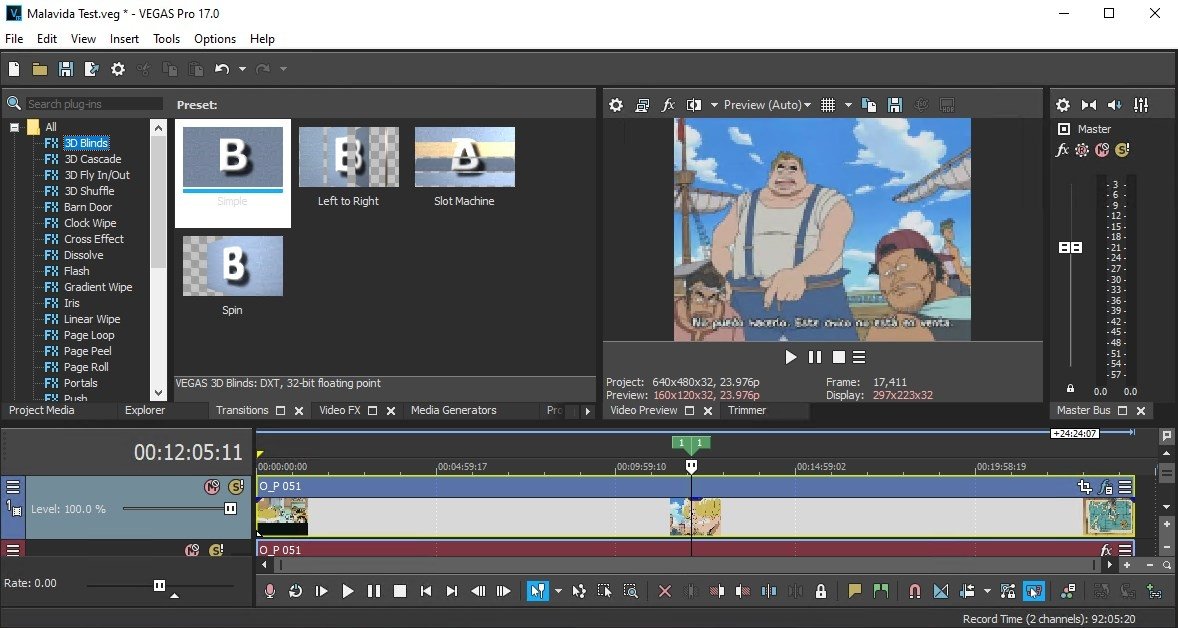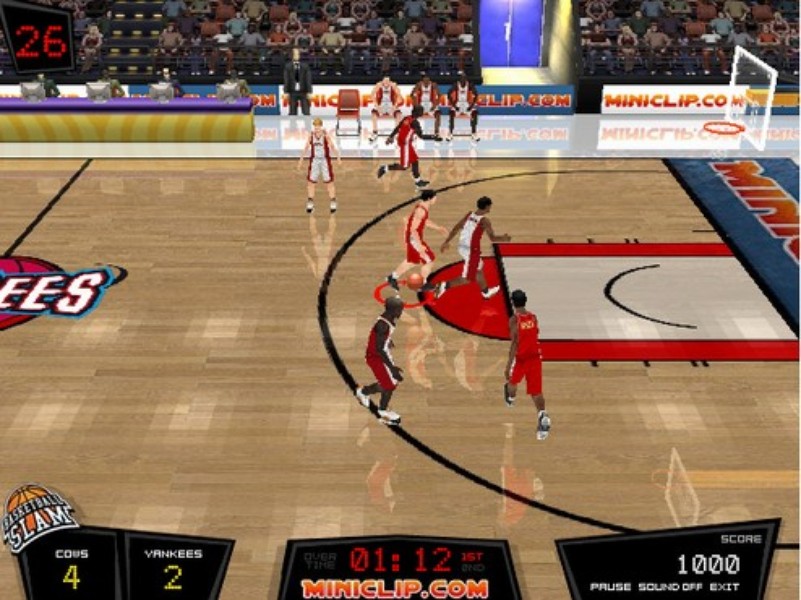Latest release
Download the Java Plugin: Self-install download (easiest): Windows Vista / XP / 2000. Download and install (Offline Installation): Windows Vista / XP / 2000 and IE / Firefox / Mozilla / Netscape (Mac OS X: see updating / installation instructions below).
Download Java for OS X directly from Oracle. Get the latest version If an app or webpage you want to use asks you to install Java software, you can download the current version of Java for OS X directly from Oracle's website. Java is one of the most vital components of any browser, and it pretty much applies to Mac too. Many of the high-end features and commonly used tools are built on Java platform. Many enthusiasts say that it can be a threat regarding it as a malware vector; to be very practical, it is one of the. Start your next ReadyTalk meeting faster than ever with the new ReadyTalk Web Meeting plugin for Windows and Mac. Start Meetings Faster than Ever. Easily start ReadyTalk meetings as a chairperson or co-presenter while using Windows or Mac. Removes ReadyTalk's reliance on Java. Host ReadyTalk meetings faster than ever on Windows or Mac.
IBM SDK, Java Technology Edition, Version 8
The IBM ® SDK, Java ™ Technology Edition, Version 8 ™ is the latest release of the IBM Developer Kit and is fully compatible with the Oracle Platform Java Standard Edition (Java SE) 8 application programming interfaces (APIs).
Earlier releases
These downloads are intended for established users, and contain the latest IBM fixes and Oracle updates to the Java SE application programming interfaces (APIs). To take advantage of new capabilities in the SDK, users are encouraged to move to the latest version.

Java Platform Standard Edition (Java SE)
Downloads of IBM Developer Kits and Runtime Environments are available for all releases on the following platforms:
IBM Cloud
Develop, deploy, and scale Java apps in the cloud with IBM Cloud™. The Liberty for Java runtime, plus a number of Java boilerplate services will have you up and running in no time. Get started for free today.
Trademarks and affiliations
IBM, the IBM logo, and ibm.com are trademarks or registered trademarks of International Business Machines Corp., registered in many jurisdictions worldwide. Other product and service names might be trademarks of IBM or other companies. A current list of IBM trademarks is available on the Web at “Copyright and trademark information” here.
Intel is a trademark or registered trademark of Intel Corporation or its subsidiaries in the United States and other countries.
Java and all Java-based trademarks and logos are trademarks or registered trademarks of Oracle and/or its affiliates.
Linux is a registered trademark of Linus Torvalds in the United States, other countries, or both.
Microsoft and Windows are trademarks of Microsoft Corporation in the United States, other countries, or both.
This page describes how to install and uninstall JDK 8 for OS X computers.
Oracle Java Download For Mac
This page has these topics:
See 'JDK 8 and JRE 8 Installation Start Here' for general information about installing JDK 8 and JRE 8.
See 'OS X Platform Install FAQ' for general information about installing JDK 8 on OS X.
System Requirements
Java Plug-in Download Mac Os
Observe the following requirements:
Any Intel-based computer running OS X 10.8 (Mountain Lion) or later.
Administrator privileges.
Note that installing the JDK on OS X is performed on a system wide basis, for all users, and administrator privileges are required. You cannot install Java for a single user.
Installing the JDK also installs the JRE. The one exception is that the system will not replace the current JRE with a lower version. To install a lower version of the JRE, first uninstall the current version as described in 'Uninstalling the JRE'.
JDK Installation Instructions
When you install the Java Development Kit (JDK), the associated Java Runtime Environment (JRE) is installed at the same time. The JavaFX SDK and Runtime are also installed and integrated into the standard JDK directory structure.
Depending on your processor, the downloaded file has one of the following names:
jdk-8uversion-macosx-amd64.dmgjdk-8uversion-macosx-x64.dmg
Where version is 6 or later.
Download the file.
Before the file can be downloaded, you must accept the license agreement.
From either the Downloads window of the browser, or from the file browser, double click the
.dmgfile to launch it.A Finder window appears containing an icon of an open box and the name of the
.pkgfile.Double click the package icon to launch the Install app.
The Install app displays the Introduction window.
Note:
In some cases, a Destination Select window appears. This is a bug, as there is only one option available. If you see this window, select Install for all users of this computer to enable the Continue button.Click Continue.
The Installation Type window appears.
Click Install.
A window appears that says 'Installer is trying to install new software. Type your password to allow this.'
Enter the Administrator login and password and click Install Software.
The software is installed and a confirmation window appears.
Refer to
http://www.oracle.com/technetwork/java/javase/downloads/jdk-for-mac-readme-1564562.htmlfor more information about the installation.After the software is installed, delete the
.dmgfile if you want to save disk space.
Determining the Default Version of the JDK

If you have not yet installed Apple's Java OS X 2012-006 update, then you are still using a version of Apple Java 6 that includes the plug-in and the Java Preferences app. See 'Note for Users of OS X that Include Apple Java 6 Plug-in'.
There can be multiple JDKs installed on a system, as many as you wish.
When launching a Java application through the command line, the system uses the default JDK. It is possible for the version of the JRE to be different than the version of the JDK.
You can determine which version of the JDK is the default by typing java -version in a Terminal window. If the installed version is 8u6, you will see a string that includes the text 1.8.0_06. For example:
To run a different version of Java, either specify the full path, or use the java_home tool:
For more information, see the java_home(1) man page.
Uninstalling the JDK
To uninstall the JDK, you must have Administrator privileges and execute the remove command either as root or by using the sudo(8) tool.
For example, to uninstall 8u6:
Do not attempt to uninstall Java by removing the Java tools from /usr/bin. This directory is part of the system software and any changes will be reset by Apple the next time you perform an update of the OS.
